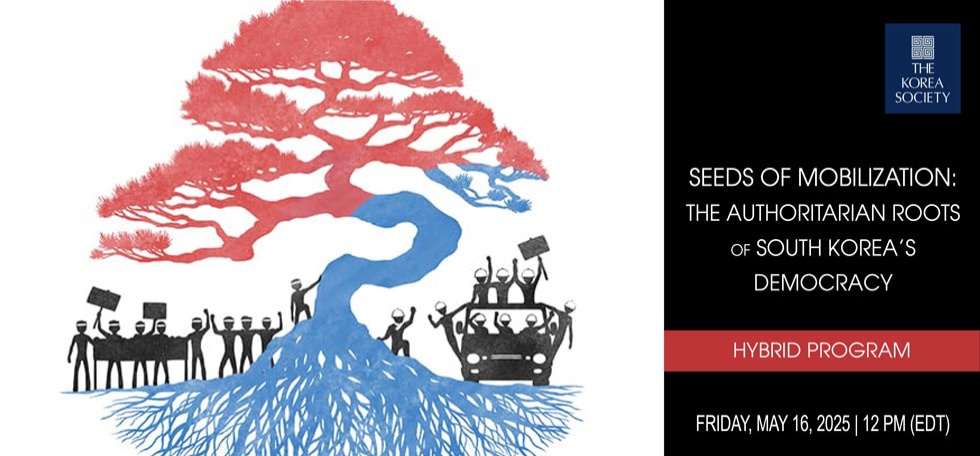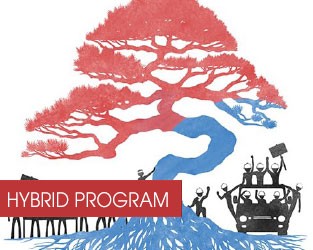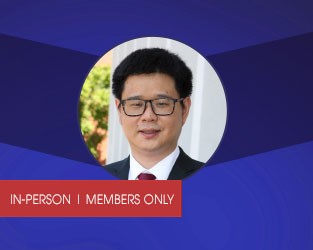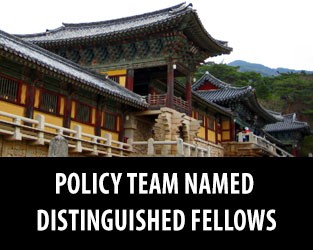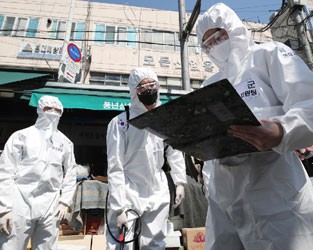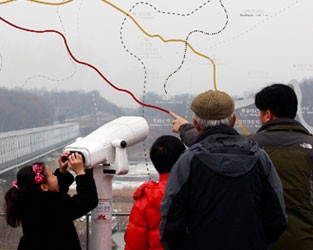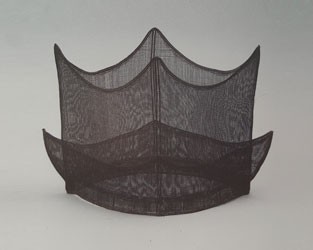![]()
Join us for a discussion featuring Dr. Sungmin Cho, professor at the Asia-Pacific Center for Security Studies, an academic institute of the US Department of Defense, based in Hawaii. Dr. Cho will present research that analyzes Chinese texts focusing on North Korea's regime stability, the country's uncertain future, and the potential unification of the Korean Peninsula. The research encompasses a review of 62 Chinese journal articles and 29 expert commentaries written by Chinese scholars. Cho explains how examining the writings of Chinese civilian scholars helps decipher Chinese strategic thinking, despite the presence of censorship. Cho also provides an analytic framework for Beijing's cost-benefit calculus regarding the potential unification of the Korean Peninsula, aiming to empower policymakers in Washington and Seoul to develop a more informed understanding and strategy. This program is a collaboration between The Korea Society's Policy Department and the Education Department, and is moderated by policy director Jonathan Corrado.
Chinese Views of North Korea's Uncertain Future
Friday, September 8, 2023 | 12 PM (EDT)
The Korea Society
350 Madison Avenue, 24th Floor
New York, NY 10017
About the Speaker:
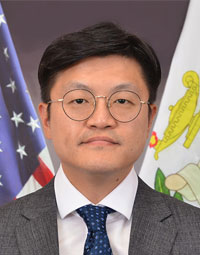 |
|
Dr. Sungmin Cho is a professor of the Asia-Pacific Center for Security Studies (APCSS), an academic institute of the US Department of Defense. His area of expertise covers US-China competition, Chinese politics and the geopolitics of Northeast Asia. Dr. Cho has published articles in peer-reviewed journals, including World Politics, Journal of Contemporary China, The China Journal, Asian Security, Journal of Indo-Pacific Affairs, and Korea Observer. His policy analysis also appeared in Foreign Affairs, The Washington Quarterly, and War on the Rocks. Dr.Cho contributed commentaries at the invitations of CSIS, Brookings and other think tanks. Prior to the academic career, Dr. Cho served in the Korean Army as an intelligence officer for three years, including seven-month deployment to Iraq. He earned B.A. in Political Science from Korea University, M.A. in International Relations from Peking University, and Ph.D. in Government from Georgetown University. |

